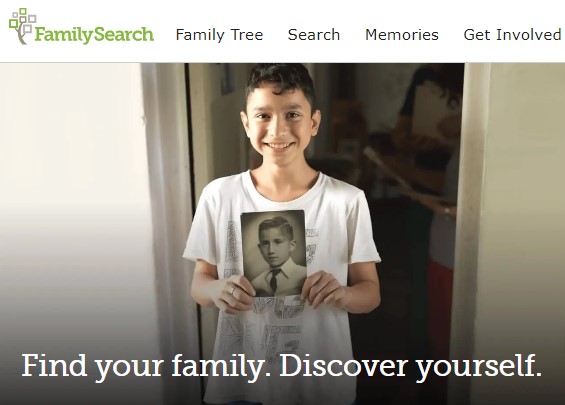In the digital age, tracing one’s roots and unraveling the mysteries of ancestral lineage have become increasingly accessible and fascinating endeavors. One platform that has emerged as an invaluable resource for genealogical research is the FamilySearch website. Boasting a vast collection of historical records, collaborative features, and user-friendly tools, FamilySearch has revolutionized the field, empowering individuals to embark on transformative journeys of self-discovery.
With its origins dating back to 1894, when the Genealogical Society of Utah was founded, FamilySearch has grown into the largest genealogy organization in the world. Supported by The Church of Jesus Christ of Latter-day Saints, the website provides free access to an extensive database of more than 4 billion names and 24 billion records, including birth, marriage, death, census, and immigration records from around the globe.
One of the most remarkable aspects of the FamilySearch website is its dedication to digitizing historical records. Over the years, countless volunteers have tirelessly worked on preserving and digitizing archives, making them readily available to users online. This digitization process has exponentially expanded the accessibility of records that were once confined to dusty shelves in remote archives, enabling individuals to trace their family history from the comfort of their own homes.
The website’s search functionality is a game-changer for genealogical research. Users can input known details about their ancestors, such as names, dates, and locations, to uncover relevant records and documents. FamilySearch employs advanced algorithms that intelligently match search queries with potential matches in their vast collection, significantly reducing the time and effort required to find pertinent information.
To enhance collaboration and knowledge sharing, the FamilySearch website provides a platform for individuals to build their family trees and connect with relatives across generations. By merging family trees and sharing information, users can tap into the collective knowledge of their extended family, opening up new avenues of exploration and discovery. The website’s collaborative features encourage the formation of a global community, fostering connections and enabling distant relatives to come together to piece together their shared heritage.
FamilySearch also recognizes the importance of DNA testing in genealogical research. The website seamlessly integrates with popular DNA testing services, allowing users to link their test results to their FamilySearch profiles. This integration not only provides individuals with comprehensive insights into their genetic heritage but also helps them identify potential relatives, uncover long-lost branches of their family tree, and even confirm or dispel ancestral myths and legends.
In recent years, FamilySearch has expanded its reach through the development of mobile apps, making genealogical research even more accessible on smartphones and tablets. These apps allow users to access their family tree, search records, and collaborate with other researchers while on the go, ensuring that the quest for ancestral knowledge is no longer confined to the desktop.
In conclusion, the FamilySearch website has become an indispensable tool for genealogical enthusiasts, professional researchers, and anyone seeking to uncover the mysteries of their past. With its vast collection of historical records, intuitive search capabilities, collaborative features, and integration with DNA testing services, FamilySearch has democratized the field of genealogy. Through this platform, countless individuals have been able to embark on transformative journeys of self-discovery, connecting with their roots, and uncovering the rich tapestry of their family history.
